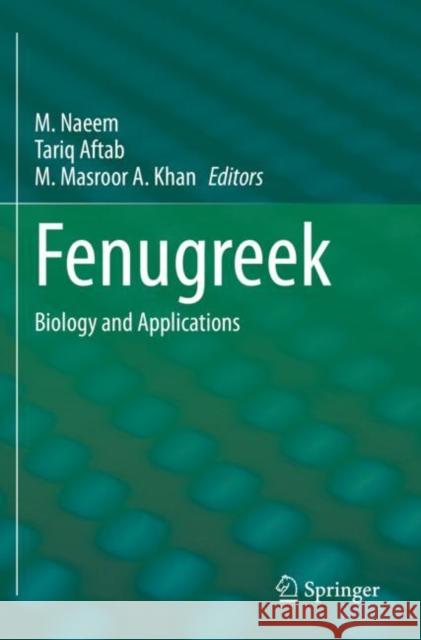Fenugreek: Biology and Applications » książka
topmenu
Fenugreek: Biology and Applications
ISBN-13: 9789811611995 / Angielski / Miękka / 2022
Fenugreek: Biology and Applications
ISBN-13: 9789811611995 / Angielski / Miękka / 2022
cena 925,87
(netto: 881,78 VAT: 5%)
Najniższa cena z 30 dni: 886,75
(netto: 881,78 VAT: 5%)
Najniższa cena z 30 dni: 886,75
Termin realizacji zamówienia:
ok. 16-18 dni roboczych.
ok. 16-18 dni roboczych.
Darmowa dostawa!
This contributed volume brings together an inclusive collection of information about the medicinal crop fenugreek (Trigonella foenum-graecum). Fenugreek is one of the medicinal plants important in the management of diabetes and contributes greatly in the alternative systems of medicine. These beneficial properties of fenugreek are covered in here. Further, this book explores the agronomy, biotechnology, genomics and biochemistry aspects of the crop. This book is of interest to teachers, researchers, agronomists and biochemists. Also, the book serves as additional reading material for graduate students of agriculture and pharmacology. National and international agricultural scientists, policy makers will also find this to be a useful read.











